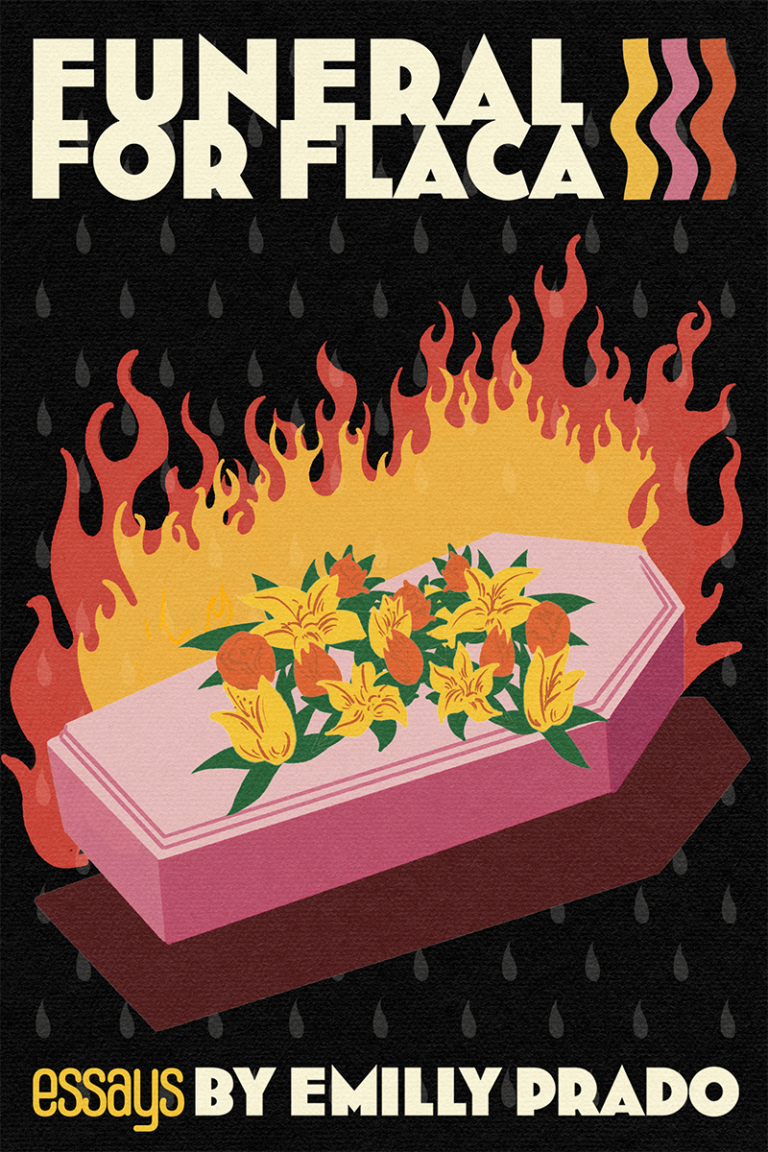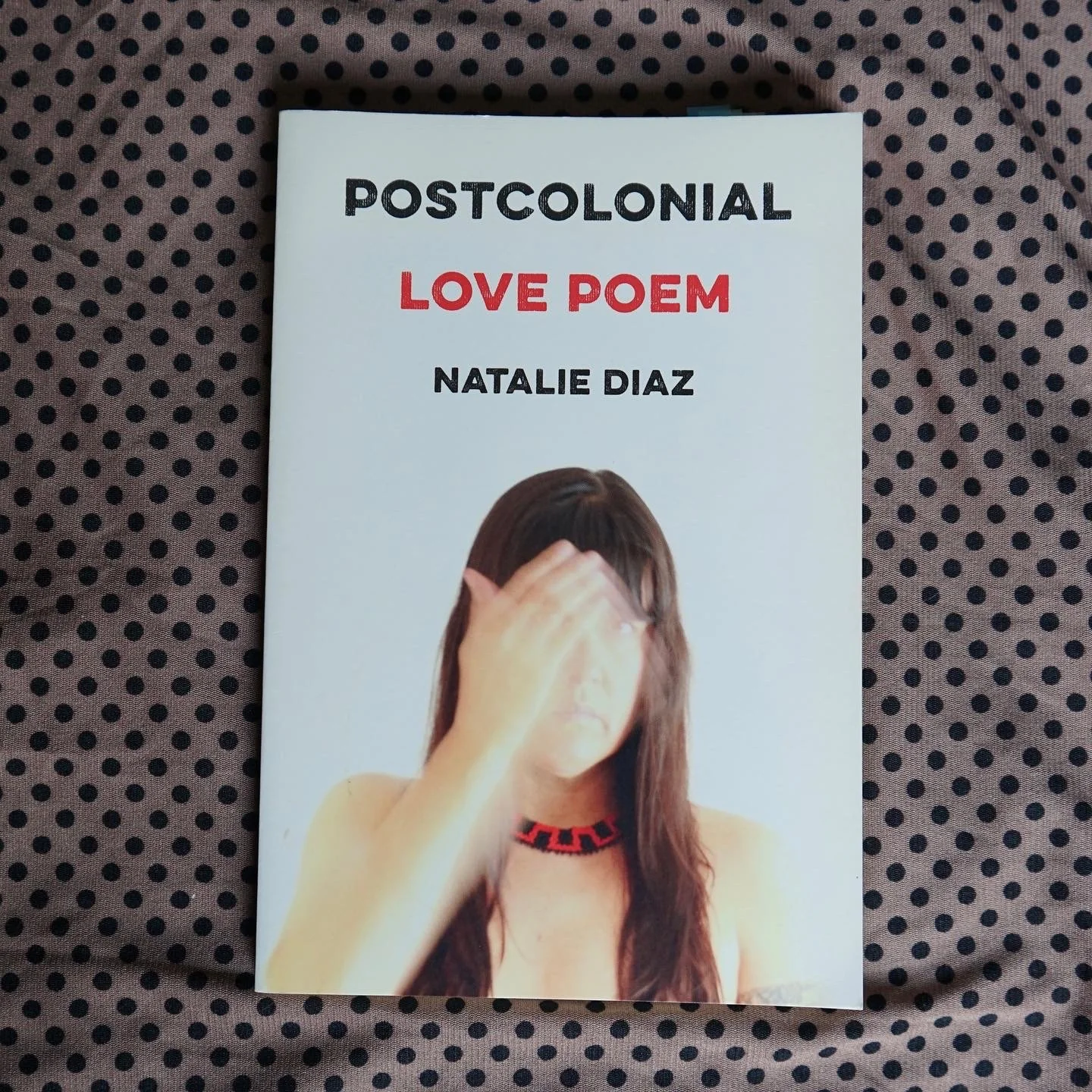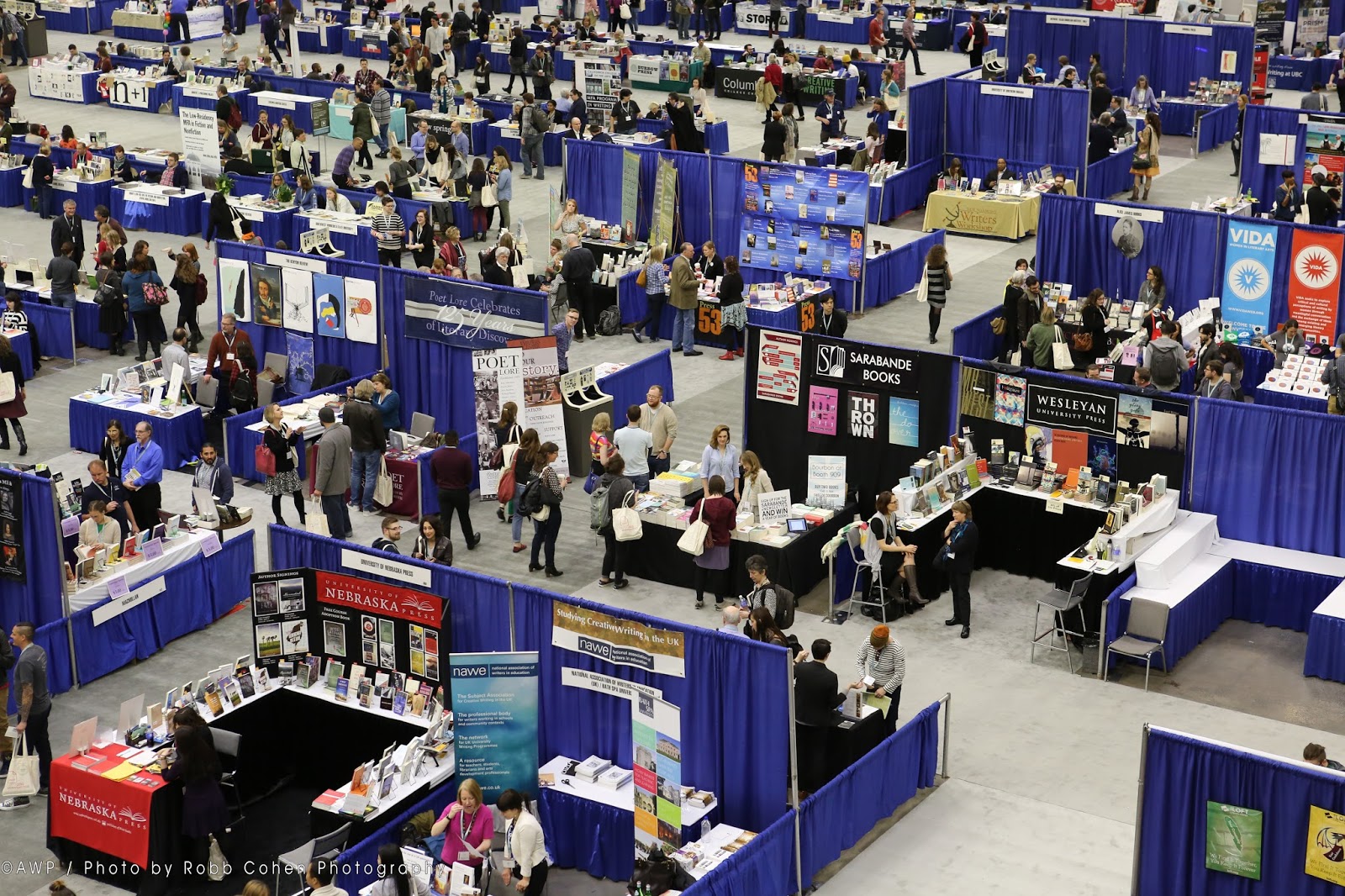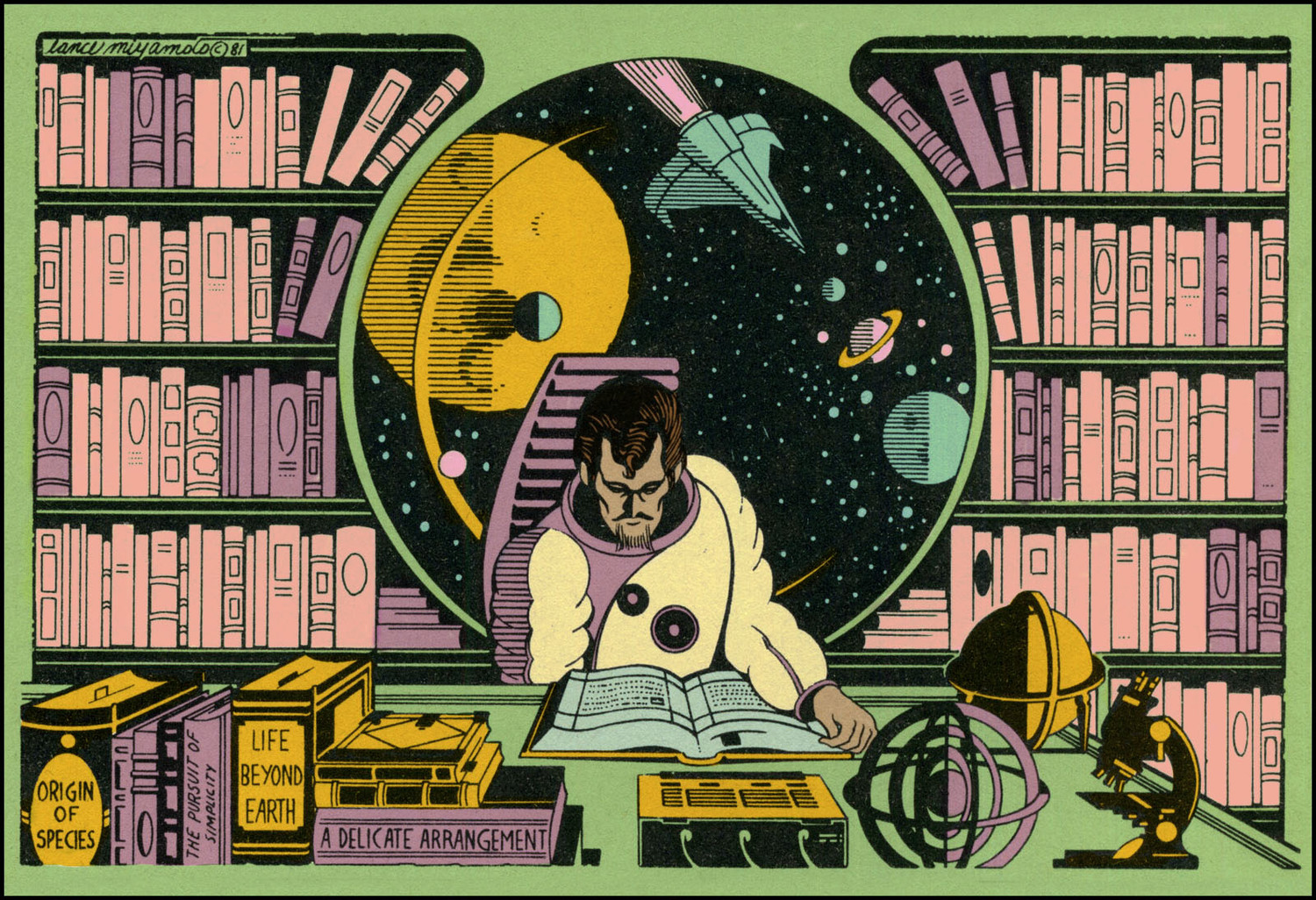A couple years ago, I went to see a reading at Powell’s bookstore on Hawthorne, in my hometown of Portland, Oregon. The reading was for the debut novel of an acquaintance and colleague I’d been in shared circles with for years through an organization called Diasporic Vietnamese Artists Network (DVAN). I also was a contributing writer to an arts and culture blog this novelist had founded.
At Powell’s that night, myself and the friend I’d invited were the only Asian people in attendance and there were not more than fifteen people total in the audience. The novelist, a university professor specializing in topics having to do with cinema and the Vietnam War, showed a montage of clips from famous American movies depicting the Vietnam era, then went on to critique the dehumanizing representation of Vietnamese (and other Asians) in such movies. The scene he read from his novel satirically depicted said dynamics. It was discomfiting, a little, to witness this presentation being given in front of a small crowd of mostly white people, but I was glad to see it being done. In the audience was at least one Vietnam veteran, who seemed eager to connect on the topic of the war, its wrongs. The thought occurred to me that the literary subject matter of Vietnam tends to attract this demographic—the same I’d encountered when my first novel came out more than ten years earlier—boomer-aged and psychically wounded, and that both our groups, refugees and veterans, our perspectives, seemed somewhat sad and marginalized.
This was, however, some months before this particular novel would go on to win the nation’s most prestigious literary prize and the author a year later awarded a MacArthur Genius Grant. This was also before the topic of Vietnam and its contextual war was thrust back into mainstream media consciousness with the September 2017 debut of Ken Burns’ and Lynn Novick’s epic 18-hour documentary titled “The Vietnam War.”
After the reading at Powell’s, we went to a nearby bar, myself and the novelist and my friend, and the American vet came with us. At some point in the bar I took note of the scene at our table: the middle-aged white man seated there was doing most of the talking, while the three brown people at the table kept quiet and listened. I remember feeling a little guilty for who we were—refugees turned into fairly successful, privileged immigrants—in relation to his experience: working class boy pulled into a demoralizing war, life and fate altered irrevocably at the behest of men more bureaucratically powerful than he. As he expounded on U.S. government corruptions and conspiracies, and the horrors of war he had experienced, the burden of his trauma and sense of victimization as a war veteran were plain. There was no room for us—the Vietnamese people at the table—even to speak to each other that night, because the white man’s trauma was taking up so much space in the conversation.
The irony occurred to me, that although the Asian bodies at the table housed direct connection to the history he was referencing, he asked us no questions, showed little interest in our personal stories. He seemed simply to need a Vietnamese audience.
This is not an exceptional situation. As a Vietnamese American writer of the “1.5 generation”, I have encountered many American veterans of the conflict in Vietnam. At readings, American vets have handed me manila envelopes full of documents they felt the need to share with me. At a folk music festival in Oklahoma I performed at once, a Marine came up after my set and said, “I think your music can provide healing for men like me.” I’ve been befriended by men who were - either or both - veterans or conscientious objectors of the war in Vietnam. I’ve been privy to less welcoming sentiments, as well. And, no doubt, I feel for these men and what they suffered due to a war that was, to so many degrees, horrific and criminal. It also does not escape me, as a South Vietnamese person who grew up as a refugee and immigrant of the 1970s/80s in California, my potential position in the narrative of their pain.
To know oneself as both catalyst and foil in a narrative of America’s national (and prevalently male) trauma of the late 20th century—can be a tricky position to occupy.
And so I have stood back, in many instances, and stayed quiet. I have done my best to listen and receive. Being a naturally reserved person, not readily inclined to verbal self-disclosure, this has perhaps been the easier path for me to take. But I’m also aware of an underlying equation in this dynamic: one in which the Vietnamese body in question (read: brown, other-ed) remains in the position it has always, already, been—that of receptacle and catalyst for the psychological and emotional processes of the white man. For better and worse. In these cases what the white veteran seems to need from someone like me (not me uniquely or specifically, but someone of my body type and skin color) is a form of acknowledgment, even gratitude, toward his traumatic experience in Vietnam, and/or acknowledgment of his efforts toward retribution, his wrestlings with his own darkness and demons.
Let me be clear here in saying: my critique of the emotional habits of (some of) these men is by no means intended to diminish the reality of their traumas. That reality—of being pawn or witness or player in a grave disaster—is no doubt immense and lasting. And I see that what these men may be seeking—what I assume all of us who’ve suffered variations of war trauma ultimately seek—is a reaffirmation of our humanity, after having faced the inhumanity of, not just the great demon of war itself, but also, quite possibly, the inhumanity in ourselves: what war drives people to do to other people.
Part of that recovery involves, no doubt, sharing our stories with one another.
*
Like other Vietnamese Americans, I anticipated the Ken Burns/Lynn Novick documentary on the Vietnam War with both hope and trepidation. Maybe America is ready, I thought, for the narrative to shift. Maybe, just maybe, I thought, we need to address and let heal the white man’s trauma (our national trauma) before it can be time to give other traumas (read: implicit problem in this thinking of non-white and multicultural narratives as subcultural narratives) their due.
I felt some hope after attending a preview screening event of the Burns/Novick documentary and hearing the filmmakers speak about representing the complexity of the history, its contradictions and need for a multiplicity of viewpoints; but I was less heartened by reading things like the New Yorker article titled “Ken Burns’s American Canon” (which tacks as more of a cult-of-personality piece on Burns than any address of substance on the subject of the war in Vietnam), in which Burns is quoted as saying he at first didn’t see the need for including many Vietnamese viewpoints in the documentary. It was only on Novick’s insistence that this aspect was developed as much as it was.
That the Vietnamese perspective—and, notably, South Vietnamese—has been repeatedly erased or simplified in the “American” narrative of “Vietnam” is nothing new, really. Even my son’s dentist (an immigrant from Vietnam) remarks to my son, upon hearing he is studying film in college, that she hopes he’ll make films that represent “us” better than has so far been done. Part of the narrative we’ve been telling each other, for decades now, includes awareness of our own problematic silences and invisibility. How much power we have—independent of the larger societal system this problem exists within—to change the terms of our representation and visibility may be a longer topic for another discussion.
What I will focus on in this brief essay is just a small goal: a step toward what I call “de-canonizing” the spectre of Vietnam. Here, I am gathering a few of our voices in one space, to point to the presence of those voices at the larger table, so to speak, on the discourse of the “American” narrative surrounding “Vietnam”.
from Dinh Q. Lê's "South China Sea Pishkun", (2009).
The list below (which has room to grow, certainly) is of articles written by Vietnamese American and Southeast Asian diasporic writers in reaction to the Burns/Novick documentary, and relating more generally to Vietnamese representation in American culture. This is by no means an exhaustive list, nor a fully dimensional representation of Vietnamese American or Southeast Asian diasporic perspectives: it is just a starting point.
To many Americans, “Vietnam” has been a moniker for a whole hellish debacle of American experience, and/but it is also the name of a country and a people. This is to say: we are at this table, too, and have been here all along. Perhaps you overlooked us, or perhaps you didn’t realize, due whatever your perception of us, that we were - and are - speaking the same language as you. Or perhaps you couldn’t hear us through all the other voices at the table.
IN RESPONSE TO THE BURNS/NOVICK DOCUMENTARY 'THE VIETNAM WAR' :
Nguyen, Duc. “The Vietnam War and being on the “wrong side” of HIS_Story”, Medium (10/14/17).
Worra, Bryan Thao. “In remembering Vietnam War, more stories of Lao refugees deserve to be told”, WHYY (10/12/17).
Nguyen, Beth. “A Refugee’s Review of ‘The Vietnam War’”, KQED Arts (10/10/2017).
Le, Anh. “Ken Burns’ Vietnam Documentary Misses Mark”, Vietnam Full Disclosure (10/10/17).
Phan, Aimee. “Ken Burns’ ‘The Vietnam War’ offers same narrative, with little perspective”, SF Chronicle (10/3/2017).
Tan, Thanh. “What Do Vietnamese-Americans Think of ‘The Vietnam War’?” NY Times (10/3/2017).
Le Minh Khai. “The Absence of South Vietnam in “The Vietnam War” and in the American Consciousness”, (09/26/17).
Le Minh Khai. “The Soundtrack of the Vietnam War”, (9/12/17).
Video/Audio Broadcast :
Saigon Broadcasting Television Network: “Viet-Am Voices on ‘The Vietnam War’: A Roundtable Discussion” (with Duc Nguyen, Trinh Mai, Steve Le, Linh Kochran, Quan Nguyen, Jason R. Nguyen, 10/25/17).
Related Perspectives from the Diaspora :
Do Nguyen Mai. “From Beneath the Shroud of Silence: How Tommy Le’s Death Shifts the Focus for Vietnamese American Political Involvement”, diaCRITICS (10/10/17).
Nguyen, Viet Thanh. In “Vietnam Redux”: Letters to the Editor, NY Times (09/29/17).
Nguyen, Viet Thanh and Hughes, Richard. “The Forgotten Victims of Agent Orange”, NY Times (9/15/17).
Nguyen, Viet Thanh. “The Great Vietnam War Novel Was Not Written by an American”, NY Times (5/2/17).
Nguyen, Beth. “American Stories Are Refugee Stories”, LitHub (5/1/17).
Bui, Trang. “Eight Writers Share Their Must-Read Books from Vietnam and the Diaspora”, Words Without Borders (4/28/17).
Nguyen, Viet Thanh. “Vietnamese and Vietnamese American Lit: A Primer from Viet Thanh Nguyen”, LitHub (2/10/17).
Nguyen, Viet Thanh. “The Prophecy of Martin Luther King, Jr., from Vietnam to Iraq”, LitHub (4/4/16).
Gustafsson, Mai Lan. “The Warlore of Vietnamese Bargirls, Part 2”, diaCRITICS (10/29/15).
Gustafsson, Mai Lan. “The Warlore of Vietnamese Bargirls, Part 1”, diaCRITICS (10/26/15).
(Re)Collecting the Vietnam War, The Asian American Literary Review, Vol. 6, Issue 2 (Fall 2015).
Nguyen, Viet Thanh. “Our Vietnam War Never Ended”, NY Times (4/26/15).
BLOG CONTRIBUTOR BIO
Dao Strom is the author of We Were Meant To Be a Gentle People (2015), an experimental memoir accompanied by a multimedia song-cycle, East/West, and two books of fiction, The Gentle Order of Girls and Boys (2006) and Grass Roof, Tin Roof (2003). Her work has received support from the Regional Arts Culture & Council, Oregon Arts Commission, National Endowment for the Arts, and, most recently, a 2016 Creative Capital Artist Award. Strom is a founding member of She Who Has No Master(s), a collective of women writers of the Vietnamese diaspora, and editor of diaCRITICS, an arts and culture blog. Her bilingual poetry book, You Will Always Be Someone From Somewhere Else, is forthcoming from AJAR Press in 2018.



























